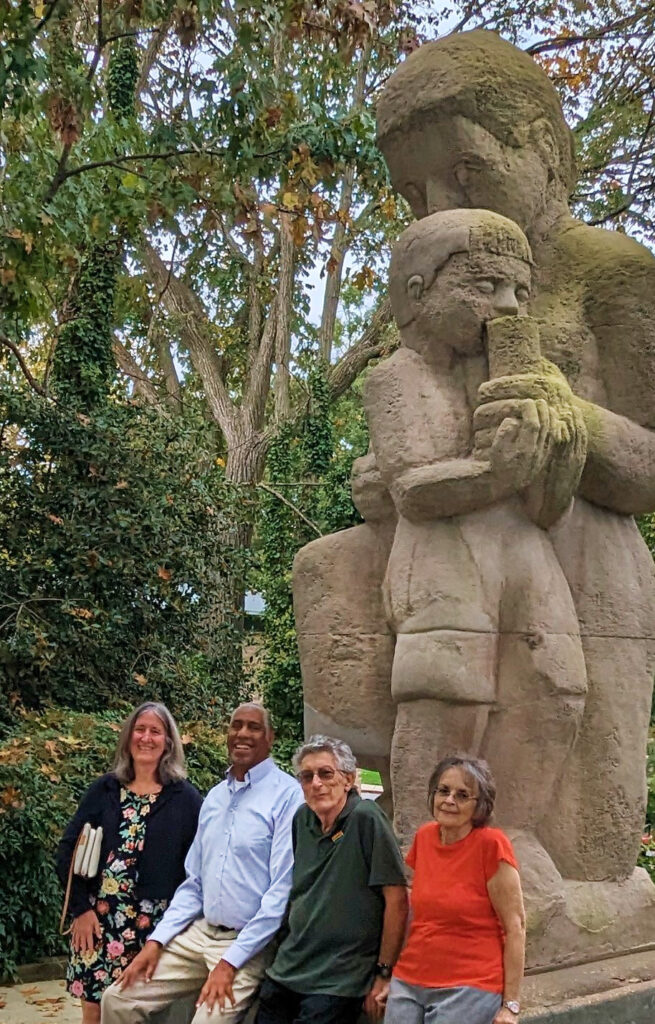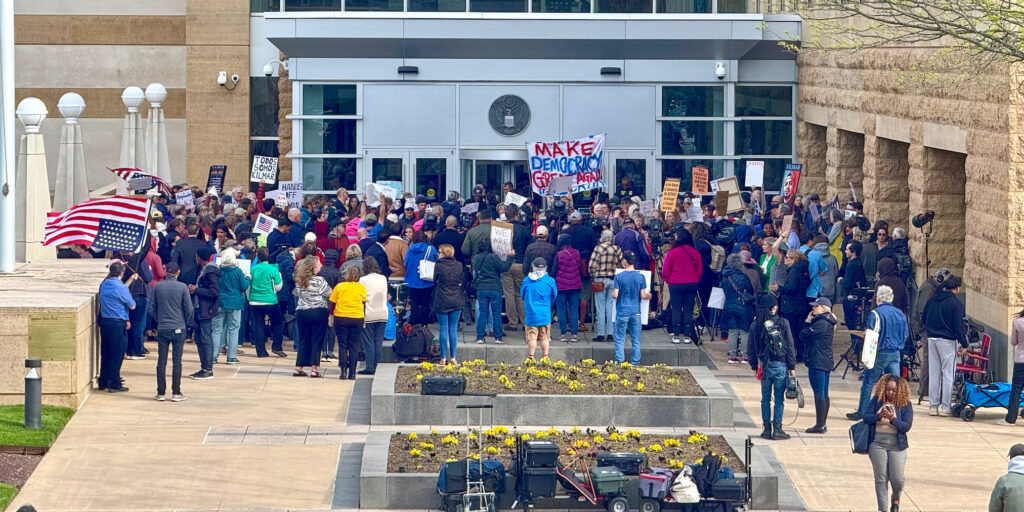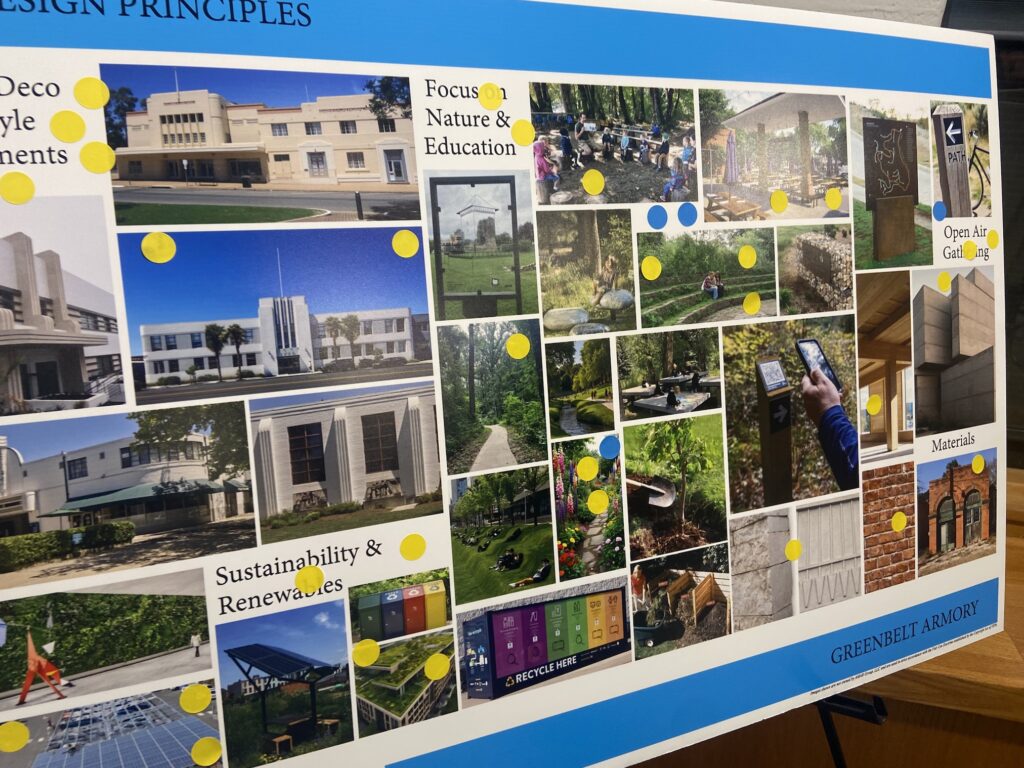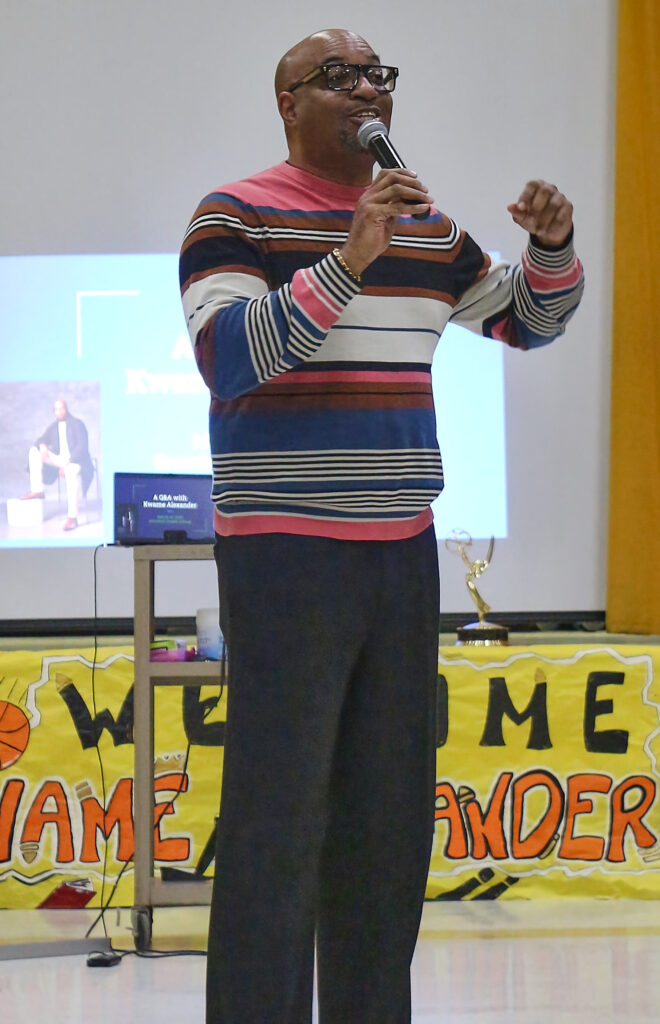Greenbelt retired residents seeking purposeful volunteering opportunities have a well-established program available. The Legacy Leadership Institute for Public Policy (LLIPP), a 20-year-old program developed by the University of Maryland School of Public Health, offers a training resource for retirees age 50 and older that focuses on pairing program participants with members of the Maryland legislature or with nonprofit agencies. Greenbelt residents Emmett Jordan, Molly Lester, Donna Hoffmeister, Michael Hartman and Carol and Murray Malveaux are among those who have completed the program. They shared their thoughts about the LLIPP program and how it has assisted them in supporting Maryland legislators and participating in community and other volunteering.
A University of Maryland Center on Aging survey revealed “baby boomers wanted volunteer opportunities with personal growth, lifelong learning, and meaningful work.” The LLIPP fits the bill. After completing the LLIPP classes, participants become known as Legacy Leaders who assist legislators and officials with everything from research and office organization to grant applications and constituent relations.
Emmett Jordan
At the end of their volunteer service, some participants are hired by the legislators they volunteered for or, as Jordan exemplifies, serve as community leaders. Jordan participated in the Legacy Leadership Institute on Municipal Government. The focus on municipalities “served me well in maintaining relationships with leaders in the Greenbelt community and with leaders from surrounding municipalities, the county, state and federal delegations,” he told the News Review. He expressed his great appreciation for programs such as the Greenbelt Intergenerational Volunteer Exchange Service, which could benefit from future LLIPP participants.
Molly Lester
Greenbelt resident Molly Lester had an interest in public policy and, upon retiring, she was able to pursue it through the LLIPP program. The current LLIPP program gives participants 64 hours of instruction over eight weeks on the history of the State of Maryland, branches of government, the legislative process, legislative and senate committees, budgets and finance, and public policy. According to the School of Public Health information, it evolved to fill a need for additional assistance to supplement the work of elected officials and nonprofit agency staff working to advance issues and public programs. After her training, Lester spent two years helping identify and track legislation for the Legislative and Government Affairs Committee. She also gained exposure to other Maryland locales’ legislative issues when she worked with a state senator representing the Eastern Shore. Nor did Lester forget her home turf. Greenbelt also benefitted from her LLIPP training and experience through her advocacy for the Greenbelt Neighborhood Conservation Overlay Zone Committee that addressed zoning issues related to the height, density and massing of buildings in Greenbelt’s historic core.
Donna Hoffmeister
Donna Hoffmeister is another Greenbelt resident LLIPP participant. Although already politically active, she was new to Maryland when she joined the program and wanted to become more knowledgeable about the state’s legislature. Her first volunteer assignment as a legislative leader was in the office of Delegate Barbara Frush (District 21). Hoffmeisterʼs contributions included preparing the delegate for her committee meetings. “It was during this time that I learned my way around the State House, the Senate and the Legislative Services Office,” she told the News Review. Her later assignments included working with Delegate Darryl Barnes (District 25) and Delegate Nicole Williams (District 22). During that time, Hoffmeister supported Williams in opposing the maglev train project.
Michael Hartman
Greenbelt resident Michael Hartman is a retired certified sign language interpreter and spent years on Capitol Hill interpreting for legislative hearings, meetings of legislators and meetings with leaders in the Disability Rights movement. Through LLIPP, Hartman became an intern in then-Delegate Alonzo Washington’s office for two years. He said that time provided opportunities to see how legislation is made and understand the differences between federal and state legislative processes. Hartman said post-program participation, “Gave me further insight into how decision makers came to conclusions about issues, how best to address them and how influencers affect the legislative process.”
Murray and Carol Malveaux
Murray and Carol Malveaux worked with Maryland legislators, both senators and delegates, observing the processes of government, how bills get passed and the role of lobbyists. Their goal is “to help people understand the functions of the legislative process and their role as citizens … and how they can get important issues addressed and resolved.”
The program is also beneficial to anyone who wants to advocate for contemporary issues and to share them with elected officials at the municipal, county, state and federal levels of government. Participants have shown their satisfaction in the LLIPP with comments ranging from the program transforming retirement years, to providing an eye-opening experience on the inner workings of the General Assembly, to applying post-program learning to other volunteer support. Wesley Queen, director of the Legacy Leadership Institute for Public Policy, said the LLIPP program, which was started in 2002, has produced more than 400 participants. “The program is still active,” he said. “This year’s class started in September. Each year, there are many requests from legislative offices for Legacy Leaders to serve. In fact, each year, we have more requests than there are participants to fill the placements. A significant percentage of the participants have gone on to permanent positions either in the offices of legislators or to positions with civic and community organizations.” The LLIPP program is considering reviving elements of the program that were based in local municipalities in Prince George’s and Montgomery counties. Lester said she continues to share the knowledge she gained in the LLIPP program about the legislative process (and state government) with others. “Since I believe a healthy democracy requires active participation and engagement by its citizens, we should strive to find pathways to work together, serve our communities and protect our democracy.” Questions about the Legacy Leaders program can be directed all year round to Queen at wqueen@umd.edu or 301-405-2529.




